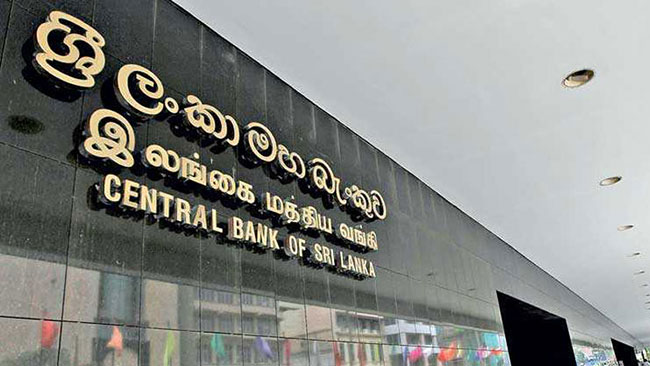The Central Bank of Sri Lanka assures that the current economic downturn will ease and the market will stabilize soon.
The Governor of the Central Bank of Sri Lanka, Ajith Nivard Cabraal stated that while the rupee may depreciate in efforts made to give it more flexibility, it could also result in advantages to the country, such as increase in the foreign flow, and in turn, development expected in other sectors.
Taking these issues into consideration, the Central Bank is ready to take decisions according to the challenges that may arise in the future, he emphasized.
The move to devalue the Sri Lankan rupee was aimed at improving macroeconomic stability as the country struggles with its worst financial crisis in years, he added.
The central bank earlier in the week introduced a flexible exchange rate framework, which saw the rupee depreciate by around 30% to 260 rupees against the dollar on Thursday.
“The decision to impose a flexible exchange rate has caused challenges but we are confident these can be managed,” Cabraal said in a short video uploaded on Facebook.
“However, it was a step taken to maintain macroeconomic stability and ensure financial system consistency,” he added.
Sri Lanka’s staple food prices shot up by at least 10-30 rupees each on Friday (11) evening, following a rupee devaluation in the country to control a forex crisis as global commodity prices rose due to Russian-Ukraine war.
The Central Bank of Sri Lanka (CBSL) allowed a flexible exchange rate on Tuesday (07) which has resulted in a 17-percent depreciation in the currency so far.
Dealers said the rupee was quoted around 260/75 against the USD on Friday
The price increase is expected to raise inflation which is already at a record high of 15.1 percent by February 2022, a 14-year high.
Following the devaluation, the country saw commodity prices soar including the price of medicine and air tickets. Three-wheel fares also went up.
“Everything has increased. Tell me what has not increased? Today itself flour, bakery items and diesel and petrol increased,” S.M.D Suriyakumara, Lanka Confectionery Manufacturers Association (LCMA) Chairman,said.
Bread, a staple food of Sri Lanka, will be increased by 30 rupees from March 12 and other bakery products too will be increased by 10 rupees each along with rice packets.
“We don’t have any alternatives in Sri Lanka at present to wheat flour,” N K Jayawardene, the president of the All Ceylon Bakery Owners Association said. “
One of the largest wheat millers, Serendib Flour Mills, has increased the price by 35 rupees according to reports.
Some staff canteens on tender services have decided to reduce the size of the food to stay competitive to manage price shocks.
Rice packets will be increased by 20 rupees and Kottu by 10 rupees while other short eats will be increased by 5 rupees.
Rice packets can be bought at different prices from 150 to 400 rupees in wayside shops, so everything will now go up by 20 rupees.
Egg prices which already rose during the December festival season are trading between 27-28 rupees in the local groceries. Poultry and egg producers have not announced a price increase yet but said they are in discussion to do so.
Sugar wholesalers in the Colombo Pettah market said on Friday that they sold a kilo of white sugar at 190 rupees whereas on the previous day it was at 170 rupees per kilo.
“Everything is going to rise. Rice will increase by 15 rupees; flour has increased by 40 rupees; dhal will increase by 30 rupees, and sugar will rise by 20 rupees traders
